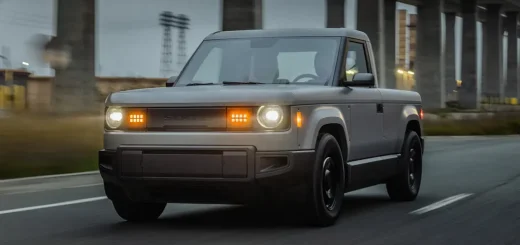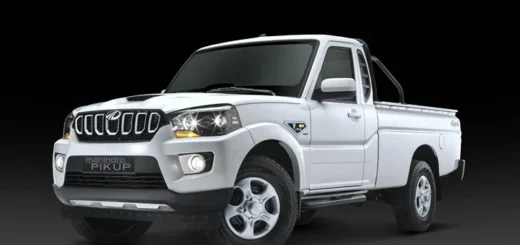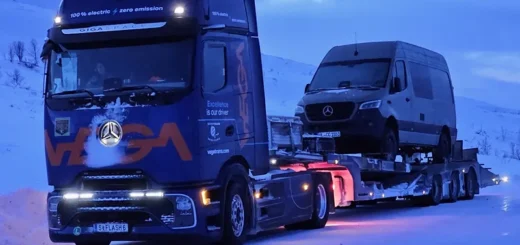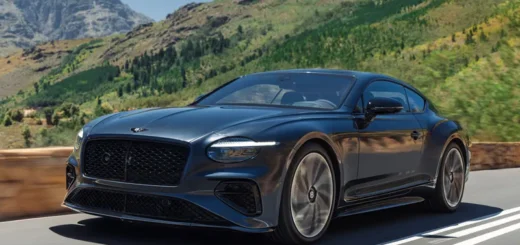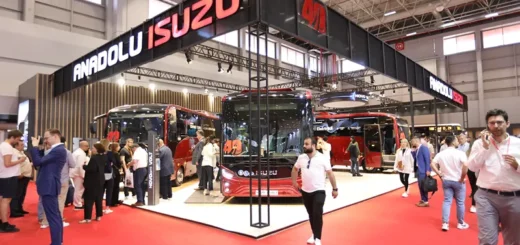BMW engages Terberg Electric Trucks for its Logistics Operations
The 40-ton trucks, made by Dutch manufacturer Terberg, cuts CO2 emissions by around 82 tons annually for the company.
BMW Group, along with its logistics partners ARS Altmann AG and SCHERM Group, has put into service three battery-electric trucks to transport finished cars and components from and to its home plant at Munich. The company employed the first electric truck in 2015, shunting between the SCHERM logistics center and the BMW plant eight times a day at a speed of 40 kmph. Satisfied with the truck´s efficiency and reliability, two more tractors with covered semi-trailers are pressed into work.
Also Read: BMW iPerformance: Electrifying All Model Ranges By 2020
The electric truck on focus is a 65-tonne (GCW) Terberg YT202-EV terminal tractor. It is powered by a liquid-cooled, 3-phase synchronous motor of 614 V sourced from Siemens, generating a maximum power of 138 kW (188 hp) and a peak torque of 720 Nm. A fully automatic Allison 3000 Series transmission with a torque converter is in place to multiply the motor torque during start-up and acceleration. The battery pack with a capacity rating of 112/169 kWh is made up of Lithium ion magnesium phosphate (LFMP) cells. It takes about 3-4 hours to charge, to offer a driving range up to 160 kms. The truck can reach a maximum speed of 65 kmph.
Moreover, the transmission prevents power interruptions even with a smaller powertrain. Without this, a direct driveline with a larger and more powerful motors would have been necessary to haul the cargo. The Power Take-Off (PTO) feature of the Allison Transmission is used to drive the hydraulic pump, which saves an additional electric generator.
Also Read: E-FUSO Vision One: All-Electric Heavy-Duty Truck Concept
The e-trucks, as against similar diesel trucks, save about 82 tons of CO2 annually. In actual terms, since 2015, the first electric truck has completed over 3,000 trips and clocked over 17,000 km. That means more than 8,000 litres of diesel and 22 tonnes of carbon dioxide have been saved.
Next, would you like to read more on Electric Trucks?



